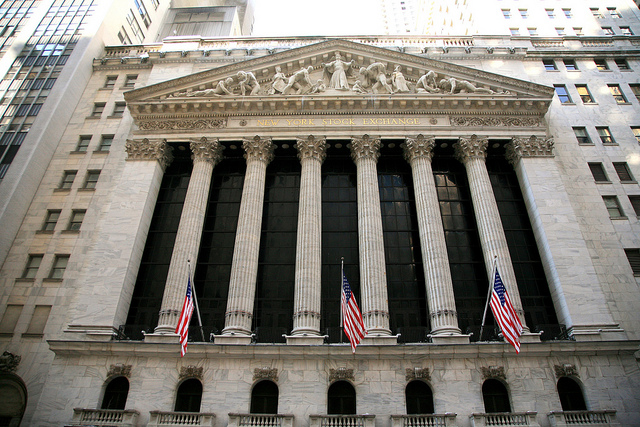
A popular article making the rounds on the Internet refers to 2014 as “the year that nothing worked.” I beg to differ. Patient investing through a low-cost portfolio of index funds worked just fine.
I have no quarrel with the author of the piece and find his commentaries informative, which is what online content should be. It’s the headline, as usual, that rankles.
Yes, the hedge funds ate a big slice of humble pie, just barely keeping up with inflation. People forget that the purpose of hedge funds, at least in the beginning, was to rise less than the market but avoid big losses in a downturn. I guess they’re doing their jobs.
The purpose of active management, on the other hand, is to beat the market year after year, and that has been an embarrassment. It’s not that “nothing worked” but certainly the case that the preponderance of active strategies hurt a lot of innocent investors, then charged them a boatload of fees for the trouble.
The conclusions reached in the article are fair enough: It was a tough year for people who claim to be in the business of knowing what’s next, and that fact is likely to be no different in 2015. Nor, I might add, every year thereafter.
Nevertheless, the S&P 500 as I write is set to close the year with a double-digit gain. The benchmark bond index is set to close the year higher, too. It was a great year to be a passive investor, even in foreign stocks. I’ll explain why.
Charley Ellis, author of the investment classic “Winning the Loser’s Game” and a member of the Investment Committee of my firm Rebalance, talks about investing in terms of climate and weather.
He asks: “Could you promise me that the 13th day of October is going to be a decent day, that there won’t be a rainstorm? I can’t promise that sort of thing to you. And I’ll bet you can’t promise it to me.”
Diversification, he explains, takes you away from weather and toward climate. It takes you toward the “normal” experience over time. If it’s summer it’s going to be hotter. In winter it will be colder. Some months it rains, some months it’s dry.
In the markets, some years stocks will win and, as we observed in 2014, so did bonds. A lot of pundits were certain that stocks would limp after their huge 2013 run and just about everybody hated bonds at the start of this year. And over the past 12 months they all got it wrong.
Foreign stocks did not do as well, but that’s why you build a portfolio and rebalance rather than take all-in bets. At some point foreign shares will zoom higher, undoubtedly. Over decades it will be the diversity of your investments that leads to better results, not the concentration.
Falling short
In Charley’s words, climate and not weather. If you rebalance periodically and slowly your holdings in volatile investments as you near retirement, it’s hard to get it wrong. You’d have to try to fail, which is what active managers are in the business of doing: Charging money to go out and find new and interesting ways to fall short.
That sounds harsh, I know, but it’s true. Every year, eight of 10 active managers underperform their benchmarks net of fees. Which eight nobody knows — until the year is over.
This year, maybe it was closer to 10 out of 10. Next year it might be six out of 10. Yet people pile back into active management just the same, ignoring all the while the unavoidable fact that every year counts. Even the years in which “nothing” works.





